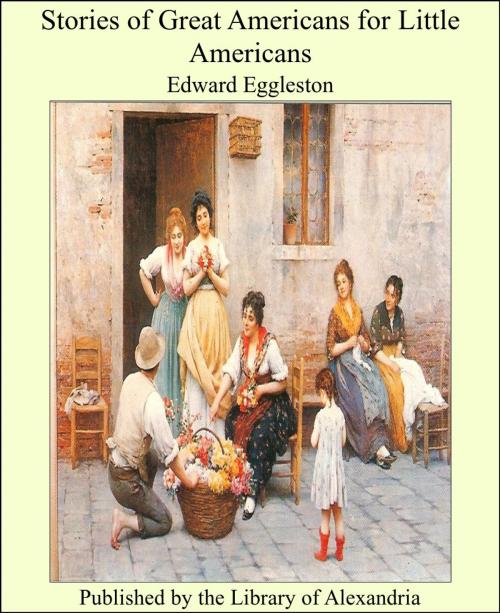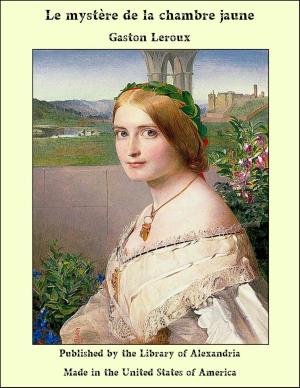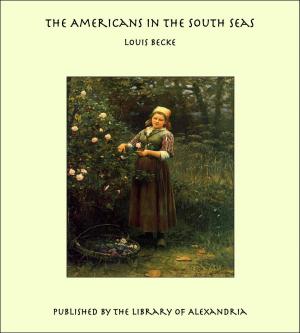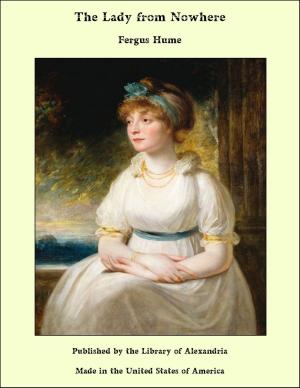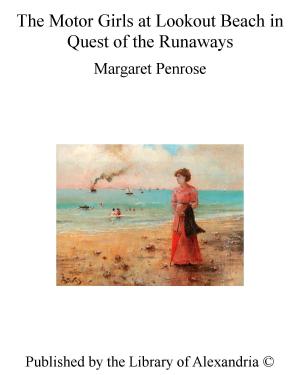Stories of Great Americans for Little Americans
Nonfiction, Religion & Spirituality, New Age, History, Fiction & Literature| Author: | Edward Eggleston | ISBN: | 9781465528223 |
| Publisher: | Library of Alexandria | Publication: | March 8, 2015 |
| Imprint: | Language: | English |
| Author: | Edward Eggleston |
| ISBN: | 9781465528223 |
| Publisher: | Library of Alexandria |
| Publication: | March 8, 2015 |
| Imprint: | |
| Language: | English |
The primary aim of this book is to furnish the little learner reading matter that will excite his attention and give him pleasure, and thus make lighter the difficult task of learning to read. The ruggedness of this task has often been increased by the use of disconnected sentences, or lessons as dry and uninteresting as finger exercises on the piano. It is a sign of promise that the demand for reading matter of interest to the child has come from teachers. I have endeavored to meet this requirement in the following stories. As far as possible the words chosen have been such as are not difficult to the little reader, either from their length or their unfamiliarity. The sentences and paragraphs are short. Learning to read is like climbing a steep hill, and it is a great relief to the panting child to find frequent breathing places. It is one of the purposes of these stories to make the mind of the pupil familiar with some of the leading figures in the history of our country by means of personal anecdote. Some of the stories are those that every American child ought to know, because they have become a kind of national folklore. Such, for example, are "Putnam and the Wolf" and the story of "Franklin's Whistle." I have thought it important to present as great a variety of subjects as possible, so that the pupil may learn something not only of great warriors and patriots, but also of great statesmen. The exploits of discoverers, the triumphs of American inventors, and the achievements of men of letters and men of science, find place in these stories. All the narratives are historical, or at least no stories have been told for true that are deemed fictitious. Every means which the writer's literary experience could suggest has been used to make the stories engaging, in the hope that the interest of the narrative may prove a sufficient spur to exertion on the part of the pupil, and that this little book will make green and pleasant a pathway that has so often been dry and laborious. It will surely serve to excite an early interest in our national history by giving some of the great personages of that history a place among the heroes that impress the susceptible imagination of a child. It is thus that biographical and historical incidents acquire something of the vitality of folk tales. The illustrations that accompany the text have been planned with special reference to the awakening of the child's attention. To keep the mind alert and at its best is more than half the battle in teaching. The publishers and the author of this little book believe that in laying the foundation of a child's education the best work is none too good
The primary aim of this book is to furnish the little learner reading matter that will excite his attention and give him pleasure, and thus make lighter the difficult task of learning to read. The ruggedness of this task has often been increased by the use of disconnected sentences, or lessons as dry and uninteresting as finger exercises on the piano. It is a sign of promise that the demand for reading matter of interest to the child has come from teachers. I have endeavored to meet this requirement in the following stories. As far as possible the words chosen have been such as are not difficult to the little reader, either from their length or their unfamiliarity. The sentences and paragraphs are short. Learning to read is like climbing a steep hill, and it is a great relief to the panting child to find frequent breathing places. It is one of the purposes of these stories to make the mind of the pupil familiar with some of the leading figures in the history of our country by means of personal anecdote. Some of the stories are those that every American child ought to know, because they have become a kind of national folklore. Such, for example, are "Putnam and the Wolf" and the story of "Franklin's Whistle." I have thought it important to present as great a variety of subjects as possible, so that the pupil may learn something not only of great warriors and patriots, but also of great statesmen. The exploits of discoverers, the triumphs of American inventors, and the achievements of men of letters and men of science, find place in these stories. All the narratives are historical, or at least no stories have been told for true that are deemed fictitious. Every means which the writer's literary experience could suggest has been used to make the stories engaging, in the hope that the interest of the narrative may prove a sufficient spur to exertion on the part of the pupil, and that this little book will make green and pleasant a pathway that has so often been dry and laborious. It will surely serve to excite an early interest in our national history by giving some of the great personages of that history a place among the heroes that impress the susceptible imagination of a child. It is thus that biographical and historical incidents acquire something of the vitality of folk tales. The illustrations that accompany the text have been planned with special reference to the awakening of the child's attention. To keep the mind alert and at its best is more than half the battle in teaching. The publishers and the author of this little book believe that in laying the foundation of a child's education the best work is none too good
